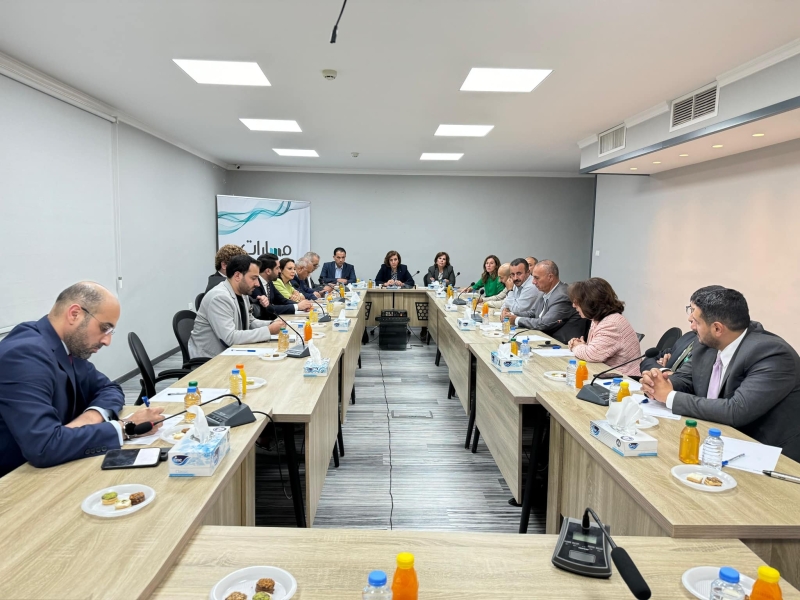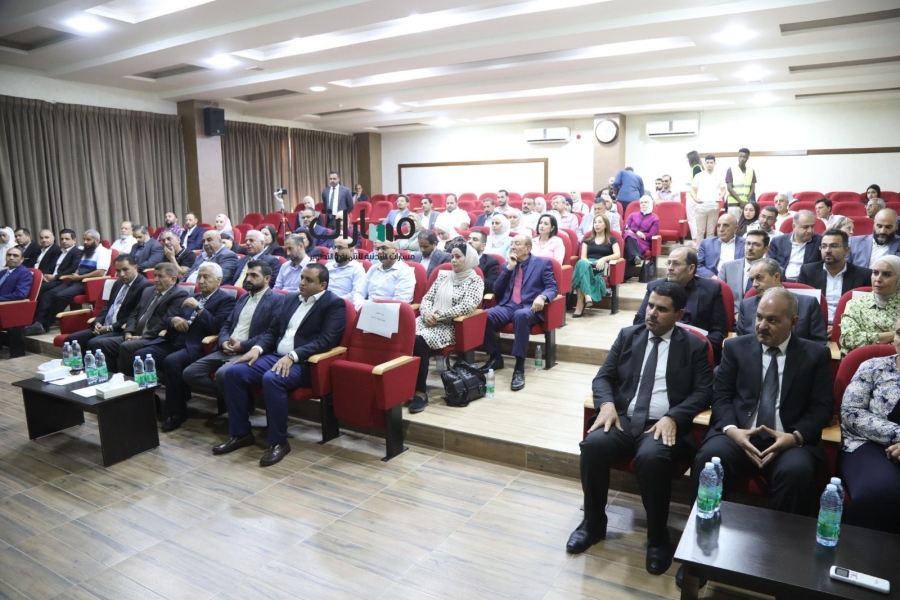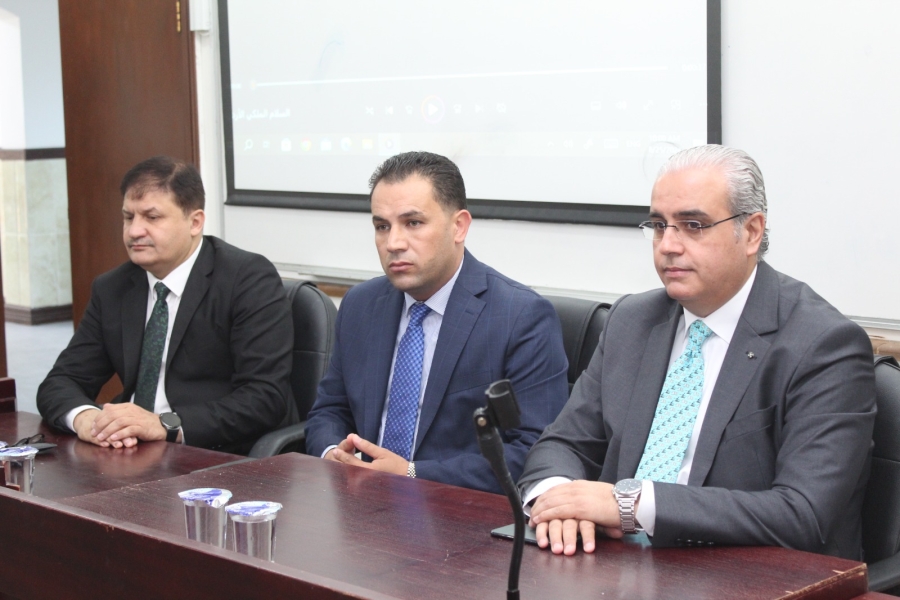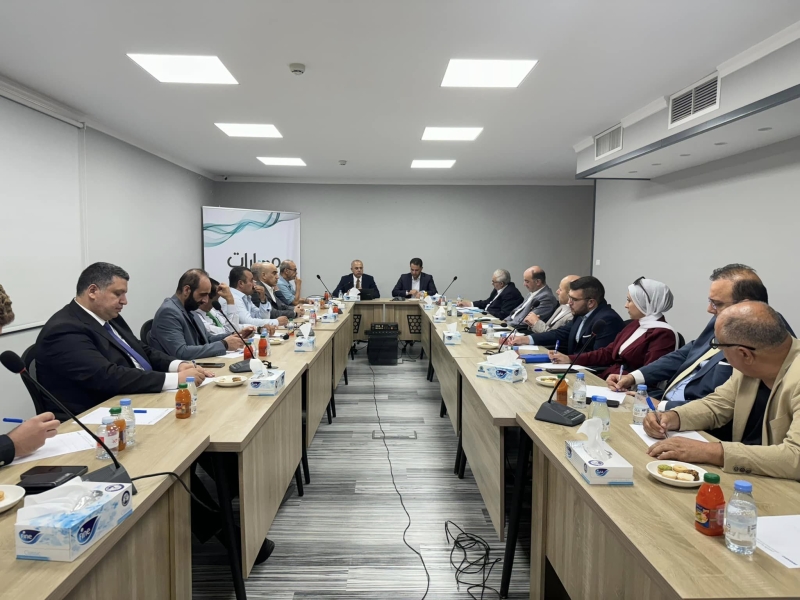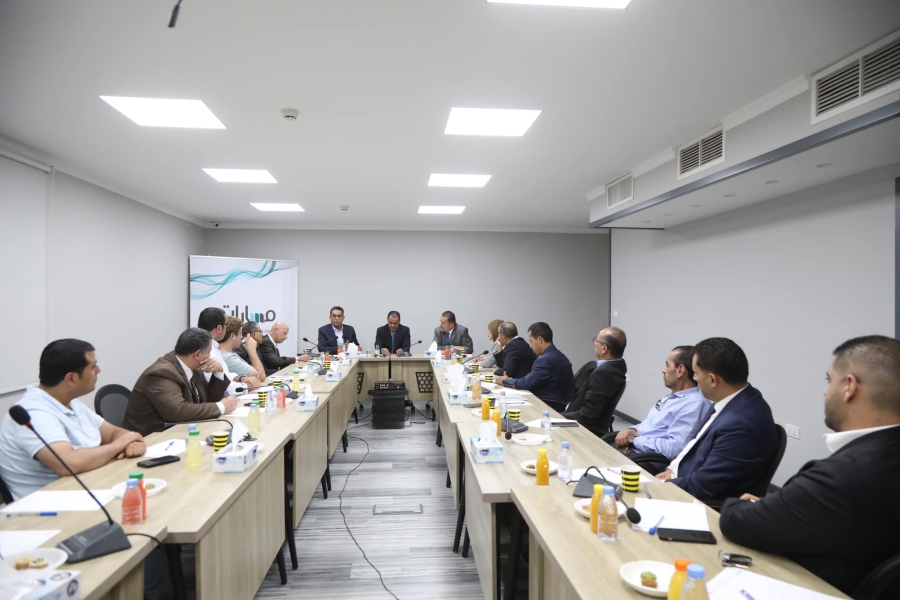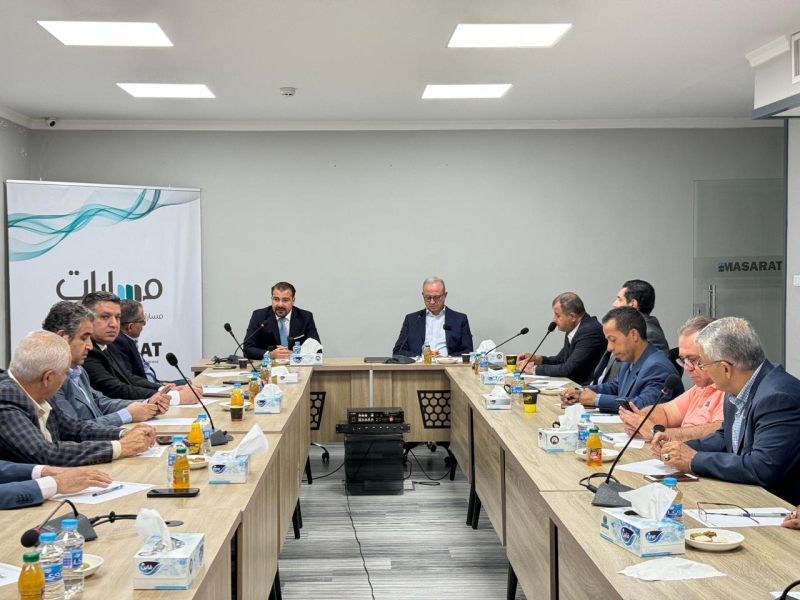Jarir: Jordan, amid regional challenges, continues its march towards the future with an ambitious modern vision
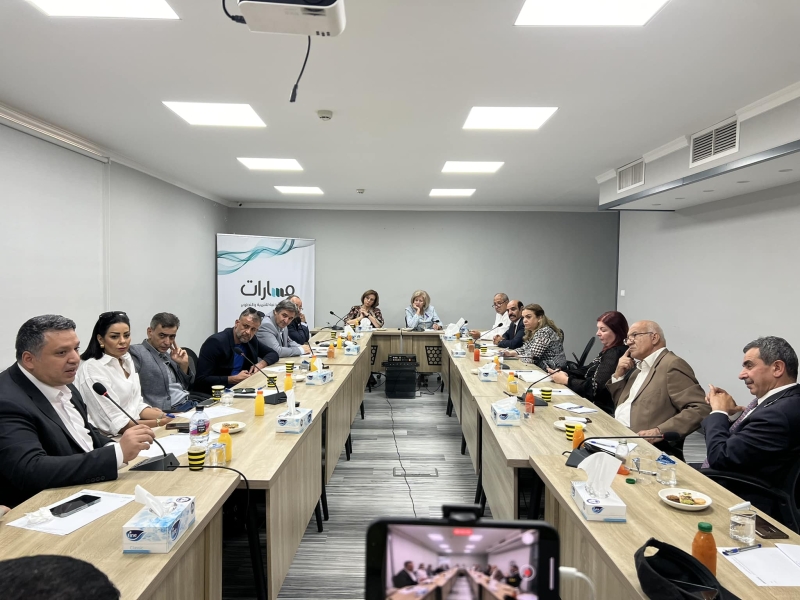
Haifa Al-Najjar: In 25 years under King Abdullah II's rule, Jordan has built an exceptional cultural infrastructure.
Haifa Al-Najjar: Culture serves as an interactive platform for dialogue within a framework of shared values.
Haifa Al-Najjar: The Ministry of Culture can rise to the level of a sovereign ministry.
The Jordanian Masarat Foundation hosted the Minister of Culture, Haifa Al-Najjar, in a seminar titled "The Cultural Reality and the Role of Culture in Building Identity." The seminar was attended by writers, intellectuals, artists, and heads of cultural organizations and associations, along with participation from civil society organizations. The event was moderated by journalist Iman Abu Qaaoud.
In her speech, Al-Najjar emphasized that the achievements of Jordan's first centennial were made possible by a civilizational accumulation spanning thousands of years. She pointed out that despite the current regional challenges, Jordan continues its forward journey with an ambitious, forward-looking modernization vision. She stressed that Jordan, despite difficult circumstances, remains steadfast and committed to building a better future for upcoming generations through collective and participatory work, moving away from individualistic approaches.
Al-Najjar noted that a shared vision forms the foundation of work between various entities and sectors, contributing to building Jordan’s future and modernizing its cultural landscape in line with a national vision. She highlighted the importance of the cultural scene, noting that during King Abdullah II's 25 years of reign, Jordan has established exceptional infrastructure for cultural centers. She also mentioned that cultural projects, such as the "Cultural Governorates" initiative and the "Family Library," have been implemented seriously and have driven change. Furthermore, changes in regulations and instructions have positively impacted the role of cultural organizations in local development.
The Minister explained that the Ministry of Culture has worked on renewing the cultural landscape and rebuilding bridges with citizens through clear programs aimed at improving quality of life. These programs involve all stakeholders in the cultural scene to ensure their participation as contributors to the economic product, aligning with the state’s mission through a new methodology of thinking and partnership with other ministries.
She stated that culture serves as an interactive platform for dialogue within a framework of shared values, agreement on values, identity, and the national narrative, and faith in the state with all its components. She stressed the importance of rebuilding trust and presenting Jordan’s narrative in a rational and critical manner that aligns with ethical dimensions and values.
Regarding the "Family Library" project, Al-Najjar noted significant progress and ongoing efforts to write stories for children and young adults in collaboration with the Abdul Hameed Shoman Foundation, the Publishers Association, and independent writers. The aim is to deliver purposeful Arabic content that contributes to communicating the national narrative.
She also mentioned the "Arabic Calligraphy" project, which has been submitted to the Ministry of Education to teach Arabic calligraphy to the first three grades, requiring financial resources. She explained that this project will be part of an executive program for the Ministry of Education in the 2025 budget, involving calligraphers and artists as key partners with teachers.
Al-Najjar highlighted "quality of life" as a central pillar of the economic modernization vision, stating that the Ministry of Culture has delivered an integrated program, including monthly follow-ups, to the Cabinet as part of ongoing efforts to implement this plan. She affirmed that the Ministry of Culture is capable of being elevated to the level of a sovereign ministry, a demand of the Jordanian state in all its components. The ministry forms part of an educational, tourism, economic, and social project.
Additionally, Al-Najjar discussed the upcoming launch of the "Culture Platform," sponsored by the Prime Minister. This platform will enable everyone to register and showcase their cultural and craft achievements, linking them to global e-markets to promote their products.
Masarat Foundation’s Executive Director, Talal Ghneimat, welcomed Minister Haifa Al-Najjar, expressing the Jordanian community’s appreciation and admiration for her and highlighting her significant engagement with institutions and cultural bodies across the kingdom’s governorates. He noted that Al-Najjar has created a state of passion and cultural activity, bringing cultural organizations closer to society in a way that was previously absent.
Ghneimat emphasized that Masarat is keen on discussing cultural movements, cultural awareness, and the role of culture in building national identity and the historical journey of the state, especially as Jordan enters its second centennial. He described this topic as crucial, noting that nations are always built through culture, education, and knowledge.
He also pointed out a lack of sufficient attention to cultural affairs, both from state institutions and the private sector, as evidenced by the limited cultural budget, which is largely allocated to salaries and expenses.

